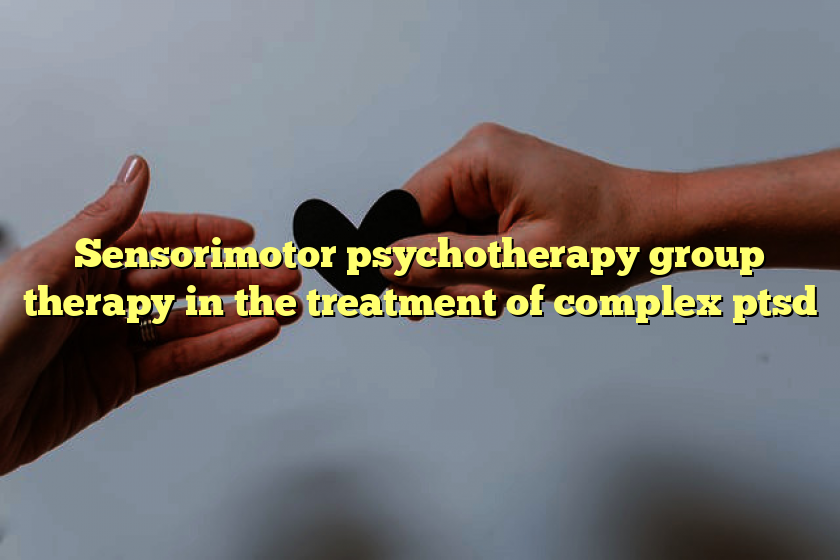Abstract
In this article we evaluate a new modality of treatment for a very severe and
chronically ill population at a National Trauma Centre. We describe the service with
its current treatment options and the type of patients selected for this new intervention.
PTSD is presented as a biphasic syndrome, necessitating treatment approaches that
address both physiological arousal and alexithymia and numbing. Each Sensorimotor
Psychotherapy session addresses a different set of symptoms sequenced in order
of importance from a trauma-treatment perspective, including: autonomic arousal,
implicit memory, basic techniques for regulating arousal, directing focused attention,
boundaries and skills practice. We describe methodology issues, aims of the treatment
and statistical results as well as qualitative aspects of the outcome. Statistically
significant changes in pre-treatment scores on measures of PTSD symptoms, depression,
overall health, and work and social functioning were observed. This study has important
implications for stabilization phase one treatment in the management of individuals
with complex trauma presentations.
Click here to read the full article.
